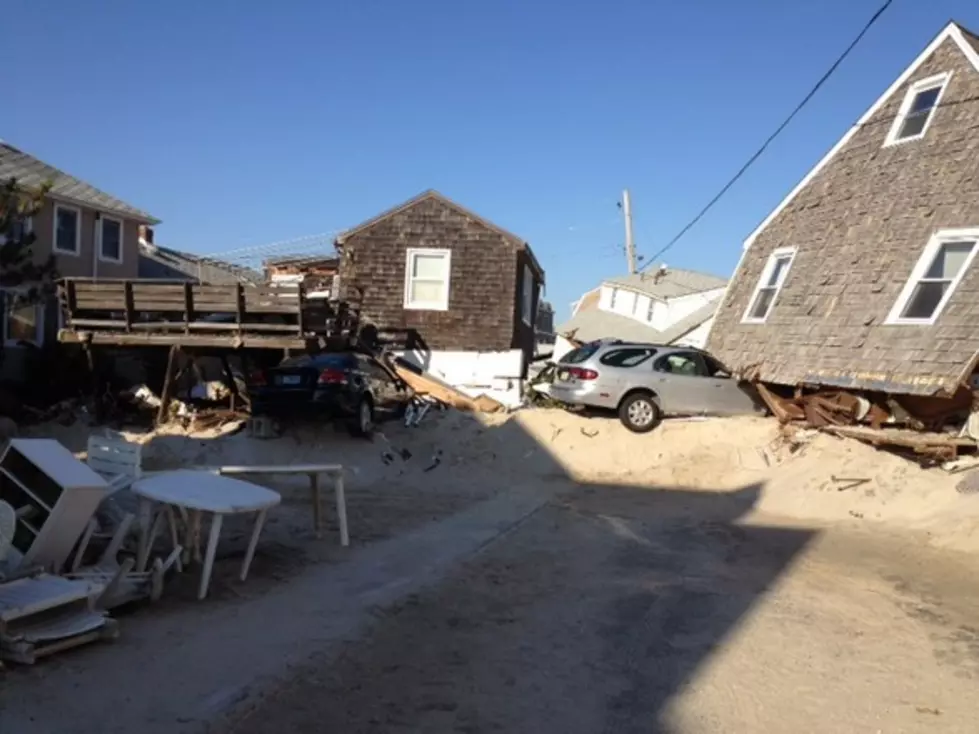![What Challenges Lie When The Next Storm Hits? [AUDIO]](http://townsquare.media/site/385/files/2013/04/Mantoloking.jpg?w=980&q=75)
What Challenges Lie When The Next Storm Hits? [AUDIO]
Sandy was the unpreparable storm that every town within the state had to prepare for, and Rutgers University is releasing a universal checklist for communities to follow when the next disaster strikes.
The University invited 30 municipal managers to gather for a forum to discuss what worked and what didn't during Superstorm Sandy and Irene.
From that info, Rutgers Center for Government Services created a pamphlet titled "Lessons Learned: Reflecting Upon Hurricane Sandy and the November Nor-Easter."
The pamphlet provides a detailed checklist for before, during, and after a natural disaster, titled: "Before: The Calm Before the Storm," "During: 9-1-1 What's Your Emergency?" and "After: Picking up the Pieces."
Each offers a series of tasks and recommendations in three key areas: planning, communication and leadership.
Two of the panelists leading the discussion during the December forum were Asbury Park City Manager Terry Reidy and Barnegat and Ocean Township Administrator David Breeden. While each municipality had different challenges dealing with the natural disasters, Breeden says one almost universal task was maintaining communication with fellow government officials and the public.
"If you don't communicate to your residents what you expect with regards to weather conditions, you'll be fighting an uphill battle trying to respond to residents concern during a storm event."
Reidy agrees, noting Asbury held twice-daily meetings in the days leading up to the storm until several weeks afterward. He says it's important to remember each municipality's individuality, especially when it comes to how natural disasters affect them.
"As it turns out during Superstorm Sandy, we didn't experience a lot of rain. It was a tremendous amount of wind and the ocean, and that's where the damage was. As opposed to Irene, where it was more rain."
For smaller communities like Barnegat and Ocean, Breeden says cooperation was key since many individual municipalities lack the resources for adequate storm preparation.
"When we combined our assets, we had a very effective response."
Reidy pointed out the importance of not relying entirely on county and state help, especially as resources wear thin during an emergency.
"Knowing what resources that exist in your own municipality, that's key. There are businesses and people that are tremendous resources and it's a big mistake if you don't look within."
The pamphlet will be distributed to mayors, city managers, and state and federal lawmakers.
More From New Jersey 101.5 FM









